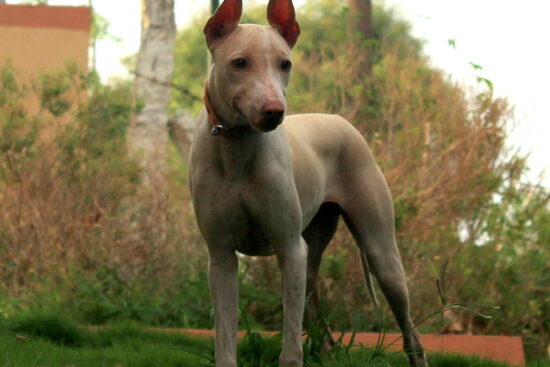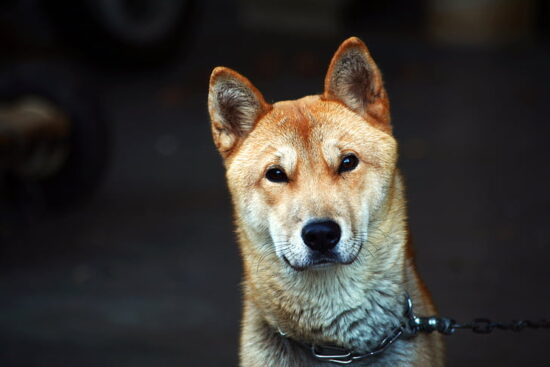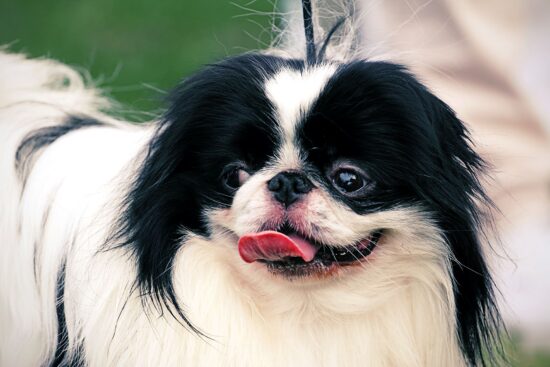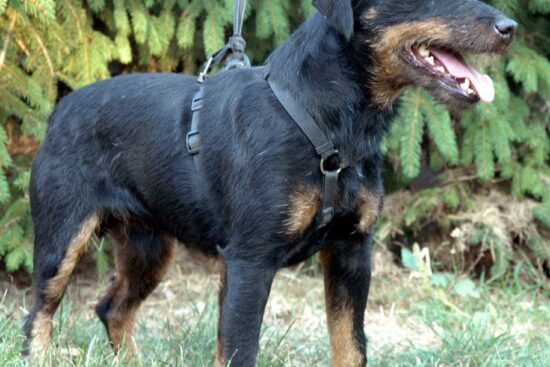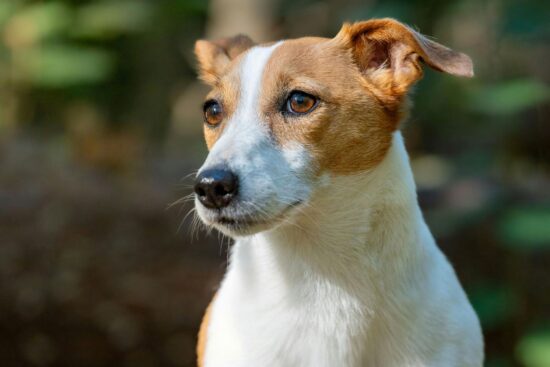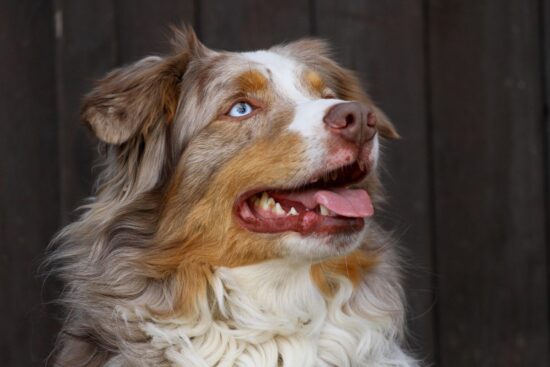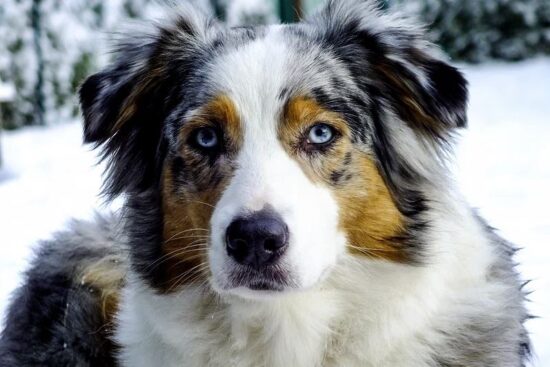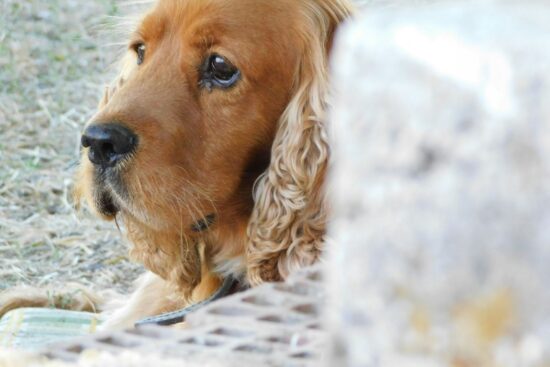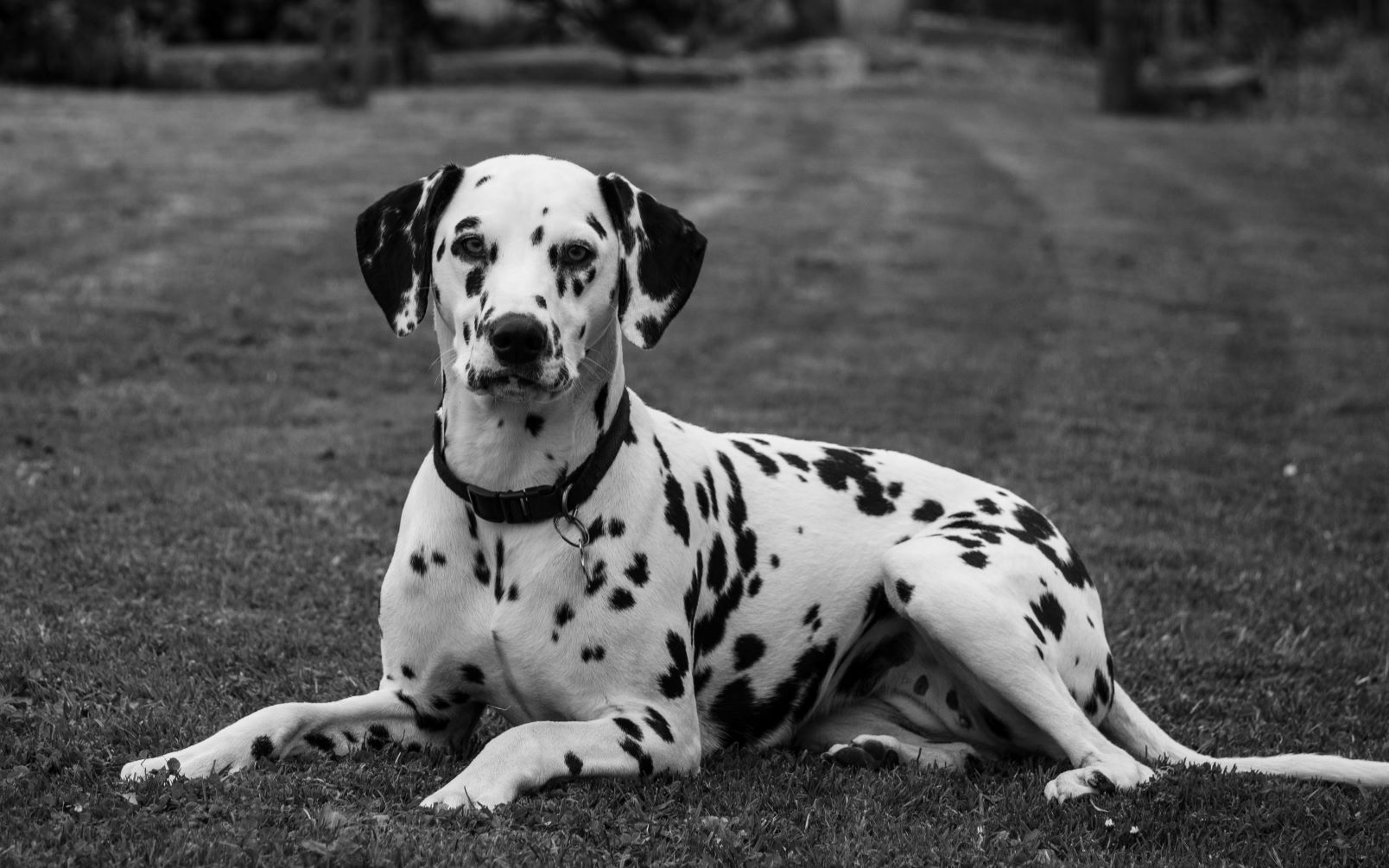
The Dalmatian is a distinctive and well-known dog breed recognized for its unique coat pattern and striking appearance. Here is some general information about the Dalmatian:
Dalmatian Origin
The exact origin of the Dalmatian is debated, but the breed’s history can be traced back to ancient times. They were originally used as carriage dogs, firehouse mascots, and hunting dogs. Their name is derived from the Dalmatia region of Croatia, where they were particularly popular.
Dalmatian Appearance
Dalmatians are easily recognizable by their distinctive coat, which features a white background with black or liver spots. They have a lean and muscular build with a slightly squared body. Their head is well-proportioned, and they have dark eyes that exude intelligence and alertness. Dalmatians’ ears are set high and are usually floppy.
Dalmatian Size
Dalmatians are medium to large-sized dogs. Adult males typically stand between 22 to 24 inches (56-61 cm) tall at the shoulder, while females range from 20 to 22 inches (51-56 cm). They usually weigh between 45 to 70 pounds (20-32 kg).
Dalmatian Temperament
Dalmatians are known for their lively and energetic personality. They are usually friendly, outgoing, and have a playful nature. Dalmatians are often good with children and can form strong bonds with their families. However, they require proper socialization from a young age to ensure they are well-behaved and get along well with other dogs and pets.
Dalmatian Energy Level
Dalmatians are highly energetic and require regular exercise and mental stimulation. They have a strong stamina and enjoy activities like running, playing fetch, and participating in dog sports. Engaging in physical and mental activities is important to prevent boredom and ensure they are well-adjusted companions.
Dalmatian Compatibility
Dalmatians can make loving family pets, especially for active households. Their energy level and playfulness make them well-suited for families with children and individuals who enjoy an active lifestyle. Due to their strong prey drive and need for socialization, they may not be the best choice for households with small pets.
Dalmatian Grooming
Dalmatians have a short coat that requires regular brushing to keep it clean and minimize shedding. They shed year-round, with heavier shedding occurring seasonally. Routine care includes nail trimming, teeth brushing, and ear cleaning.
Dalmatian Health
Dalmatians are generally a healthy breed, but they are known to have a genetic predisposition to certain health conditions, including deafness and urinary stones (due to a unique metabolic trait). Regular veterinary check-ups, a balanced diet, exercise, and maintaining a healthy weight are important for their overall well-being.
Dalmatian Trainability
Dalmatians are intelligent dogs but may exhibit some independent and stubborn tendencies. Positive reinforcement training methods that involve rewards, praise, and consistency are effective in training Dalmatians. Early socialization and obedience training are crucial to shape their behavior and ensure they become well-mannered dogs.
Dalmatian Longevity
On average, Dalmatians have a lifespan of around 10 to 13 years. With proper care, a balanced diet, regular exercise, and regular veterinary attention, some individuals may live even longer.
The Dalmatian’s unique appearance, energetic personality, and playful nature make it a popular and iconic breed. Potential owners should be prepared to provide them with the exercise, training, and mental stimulation they need to thrive as happy and content family companions.











